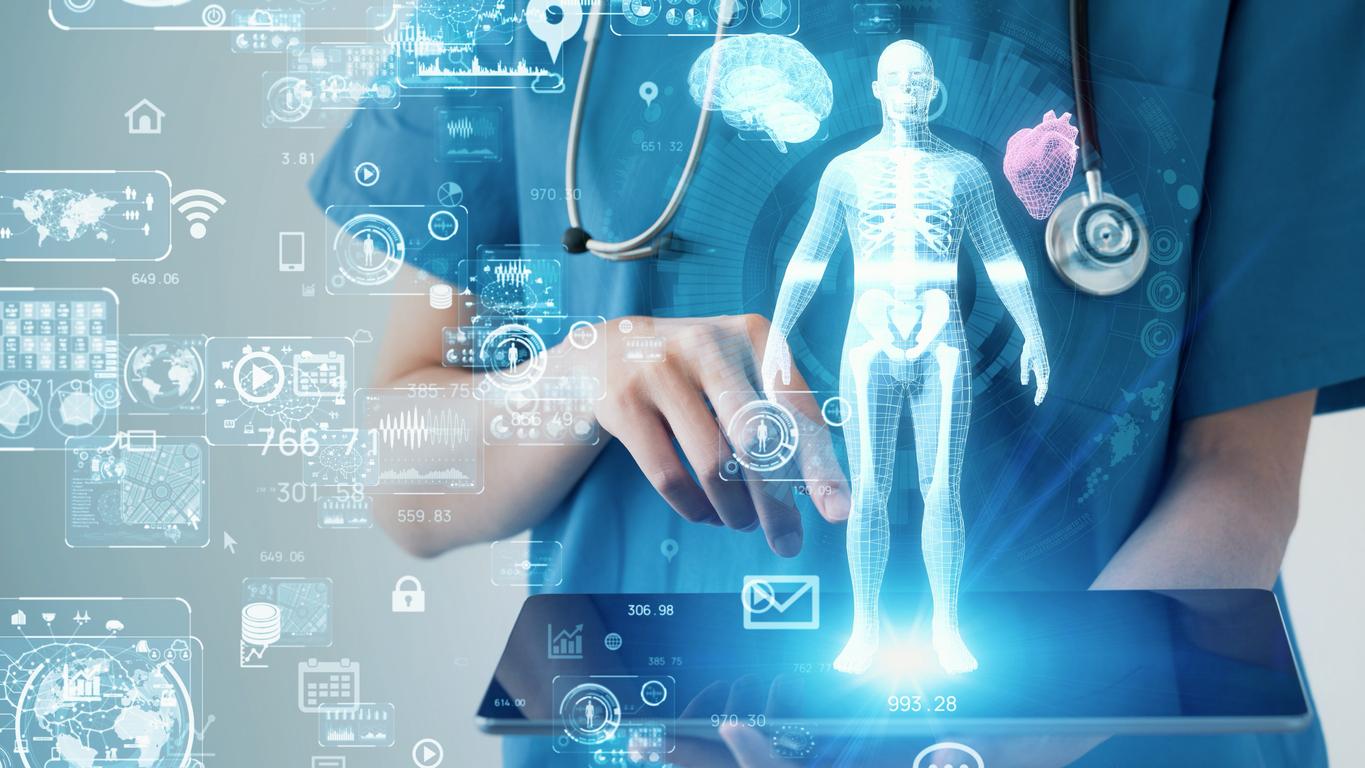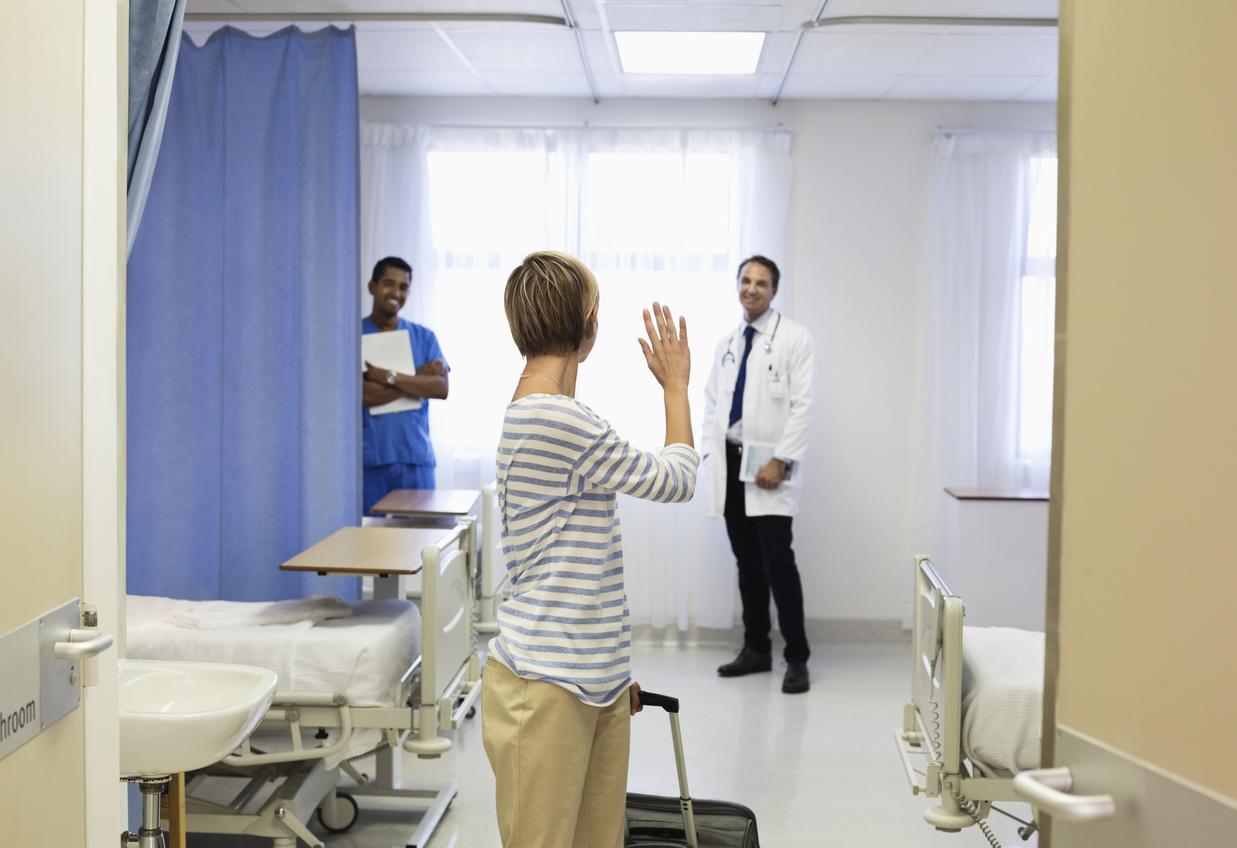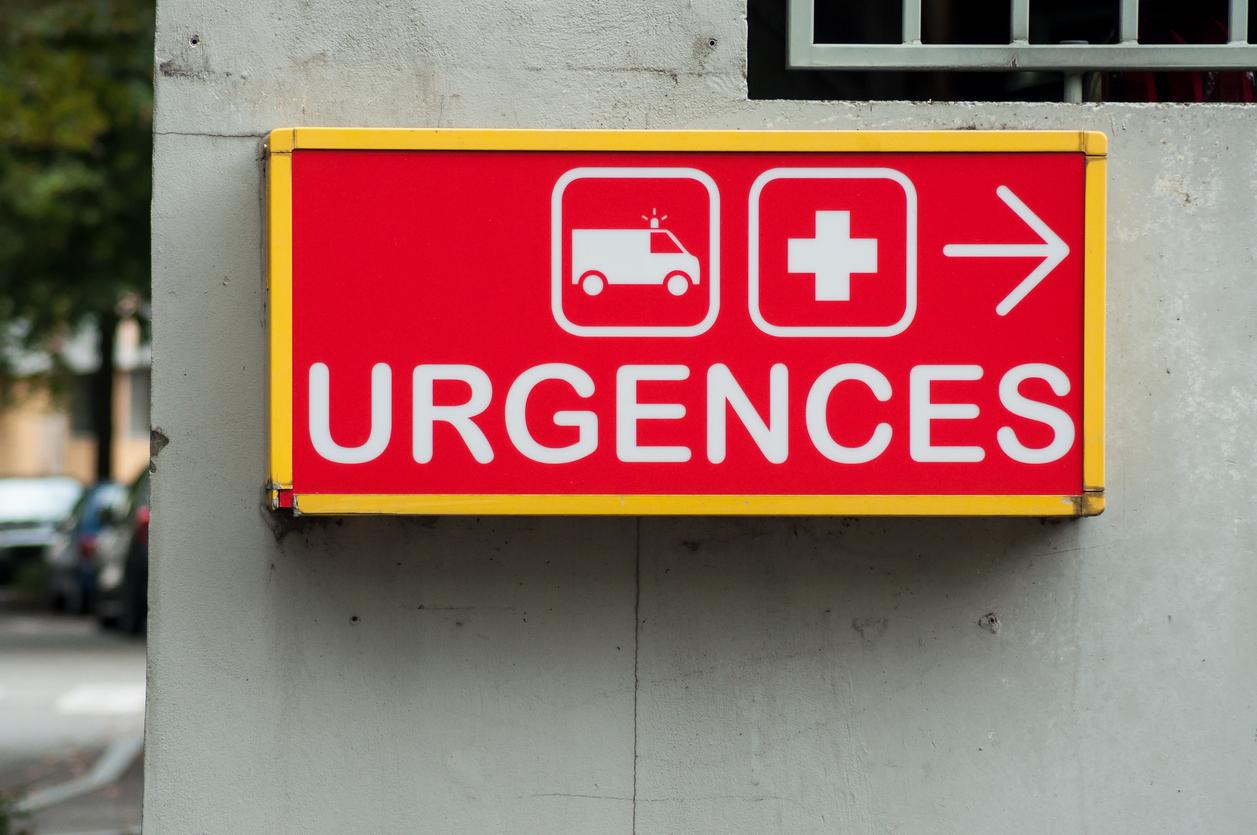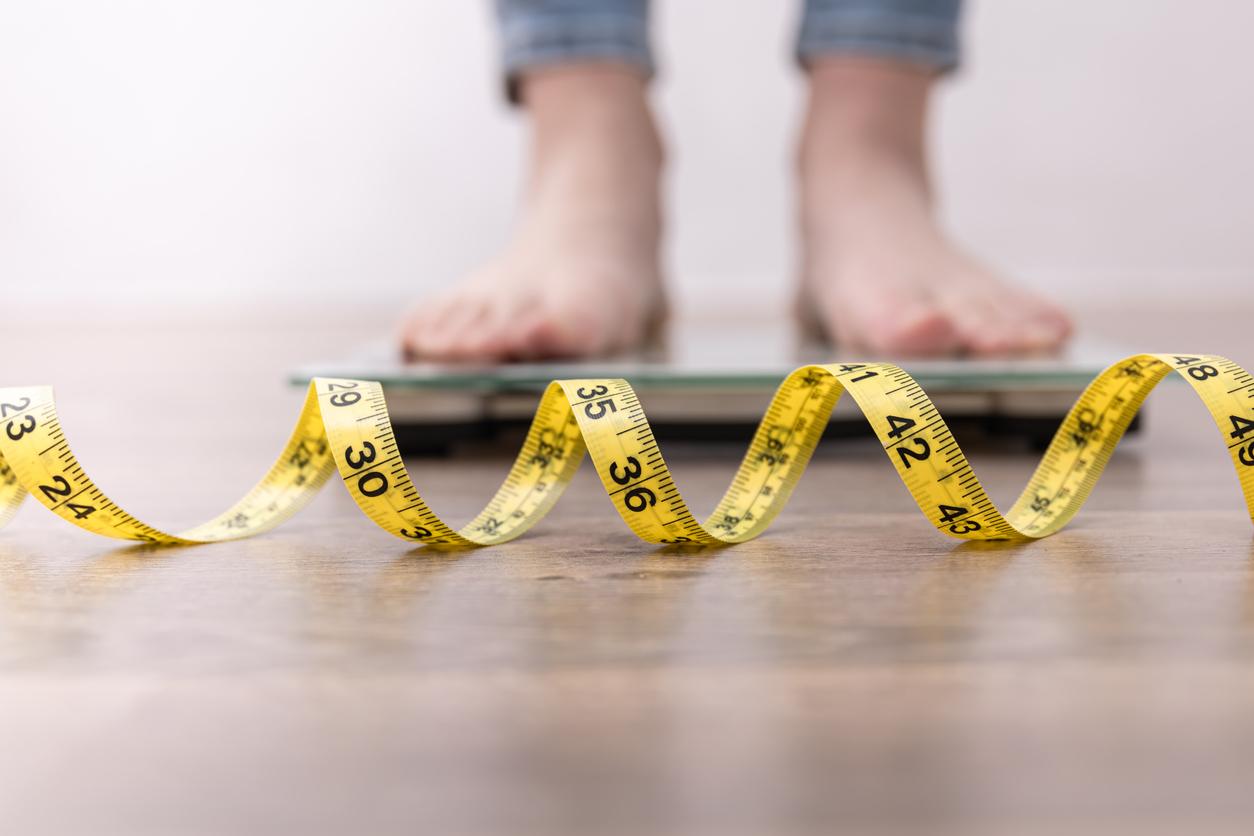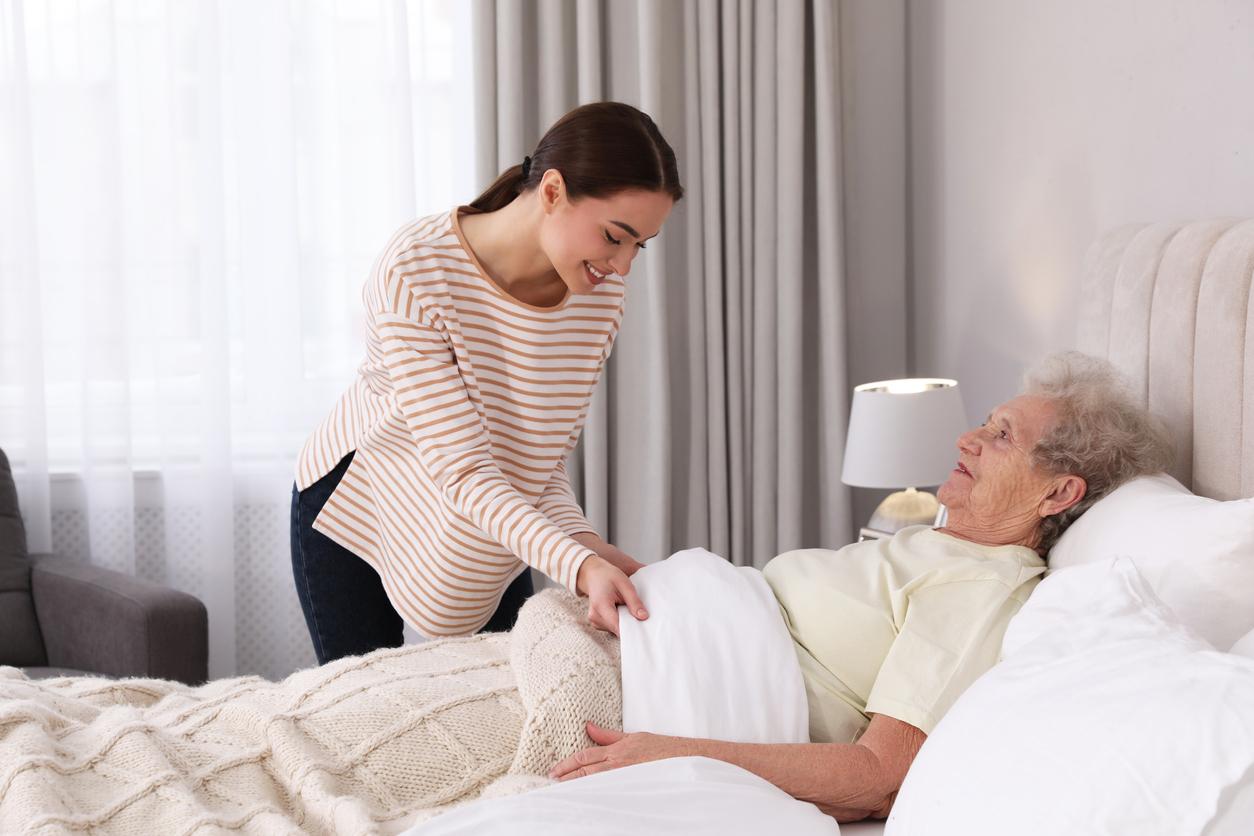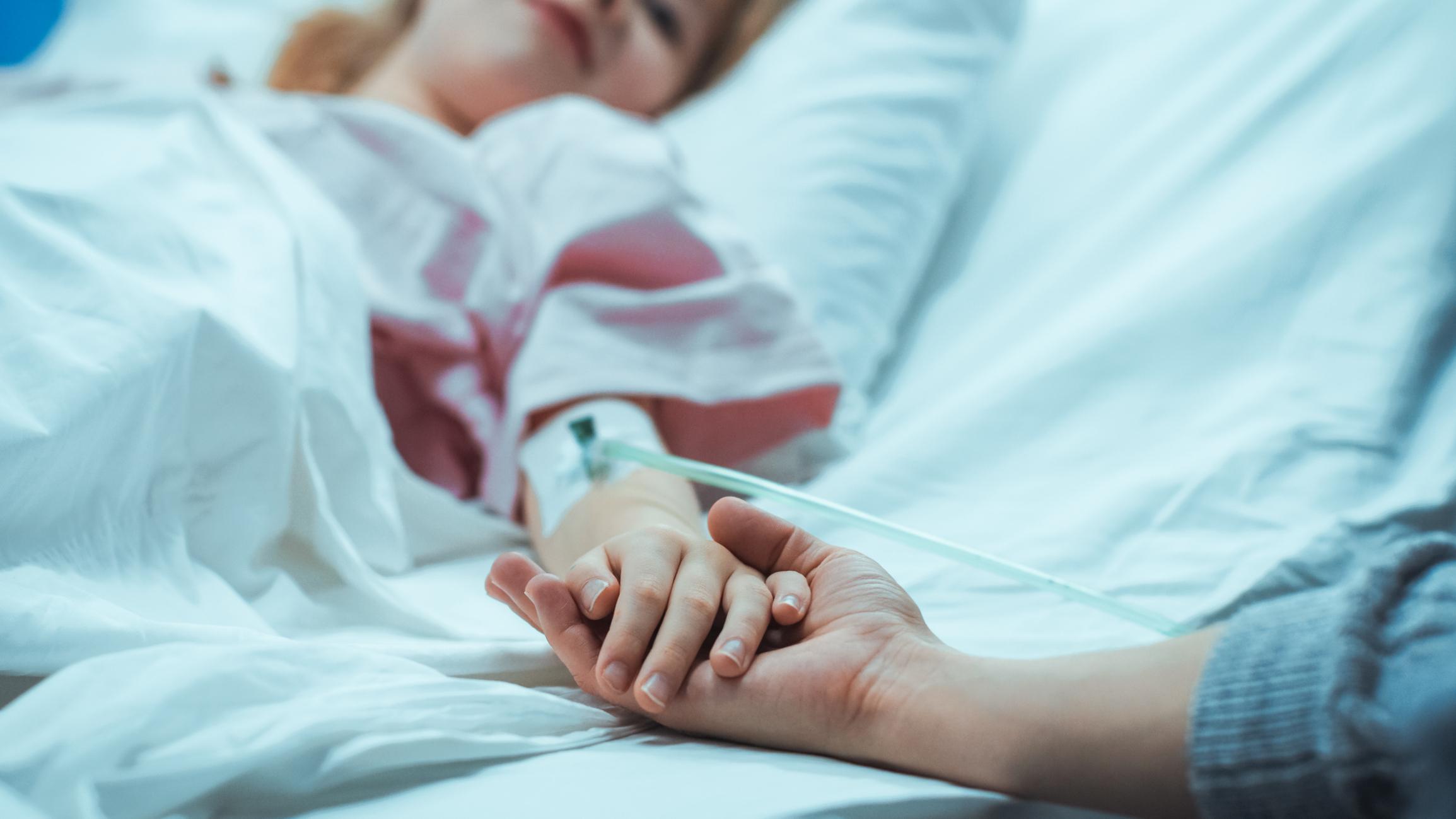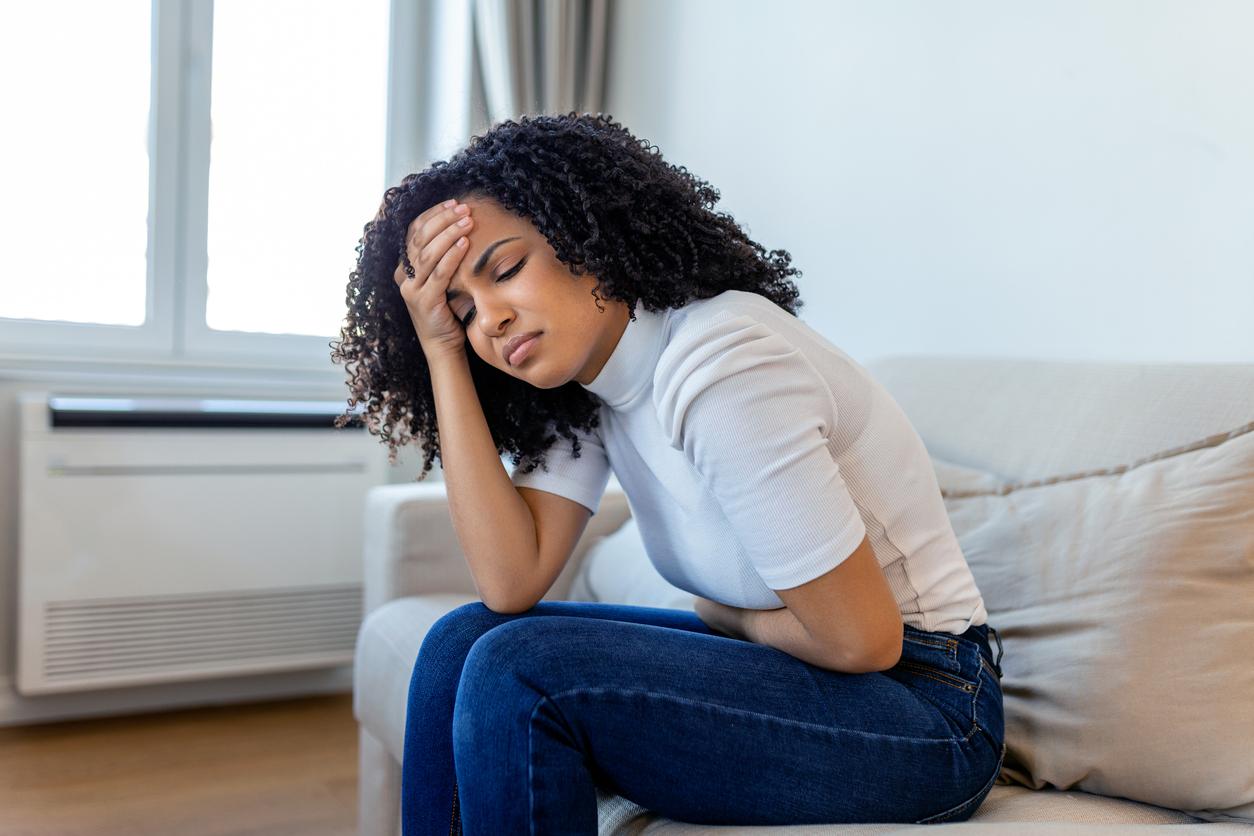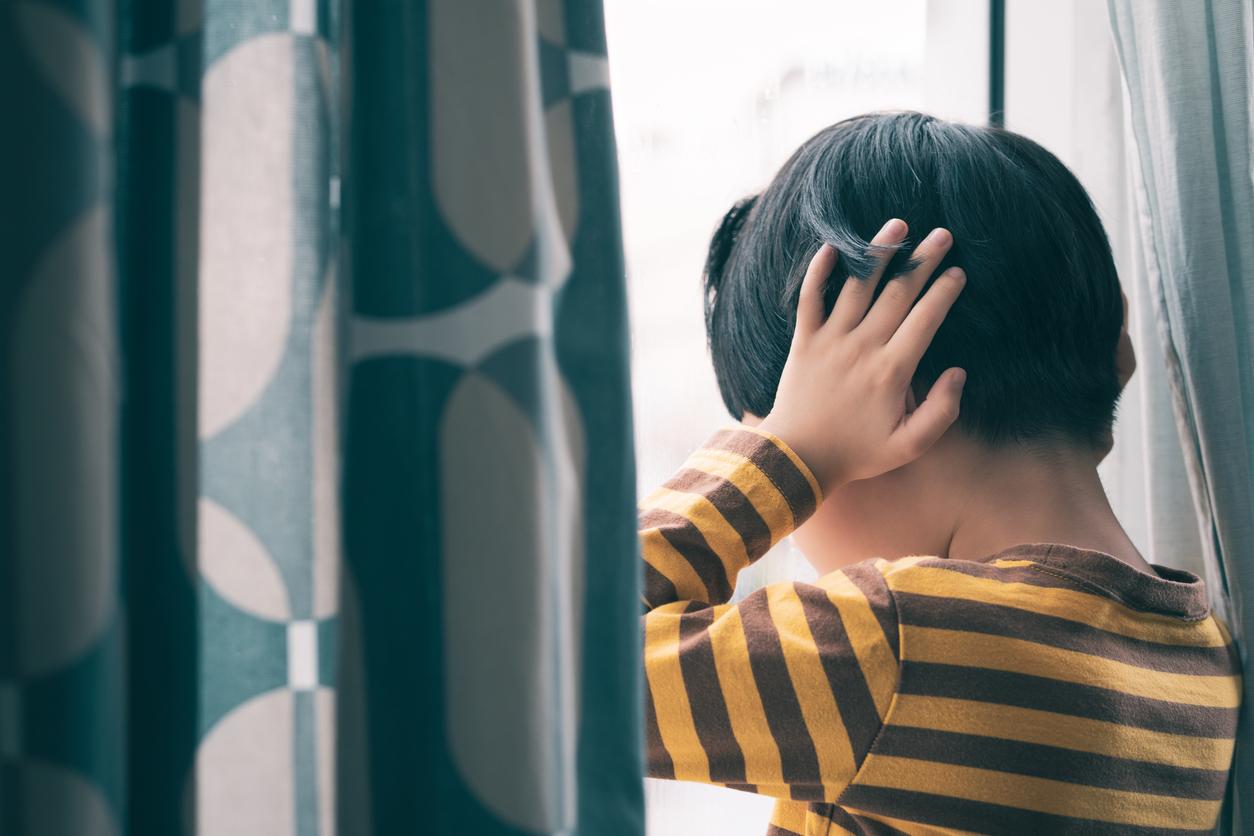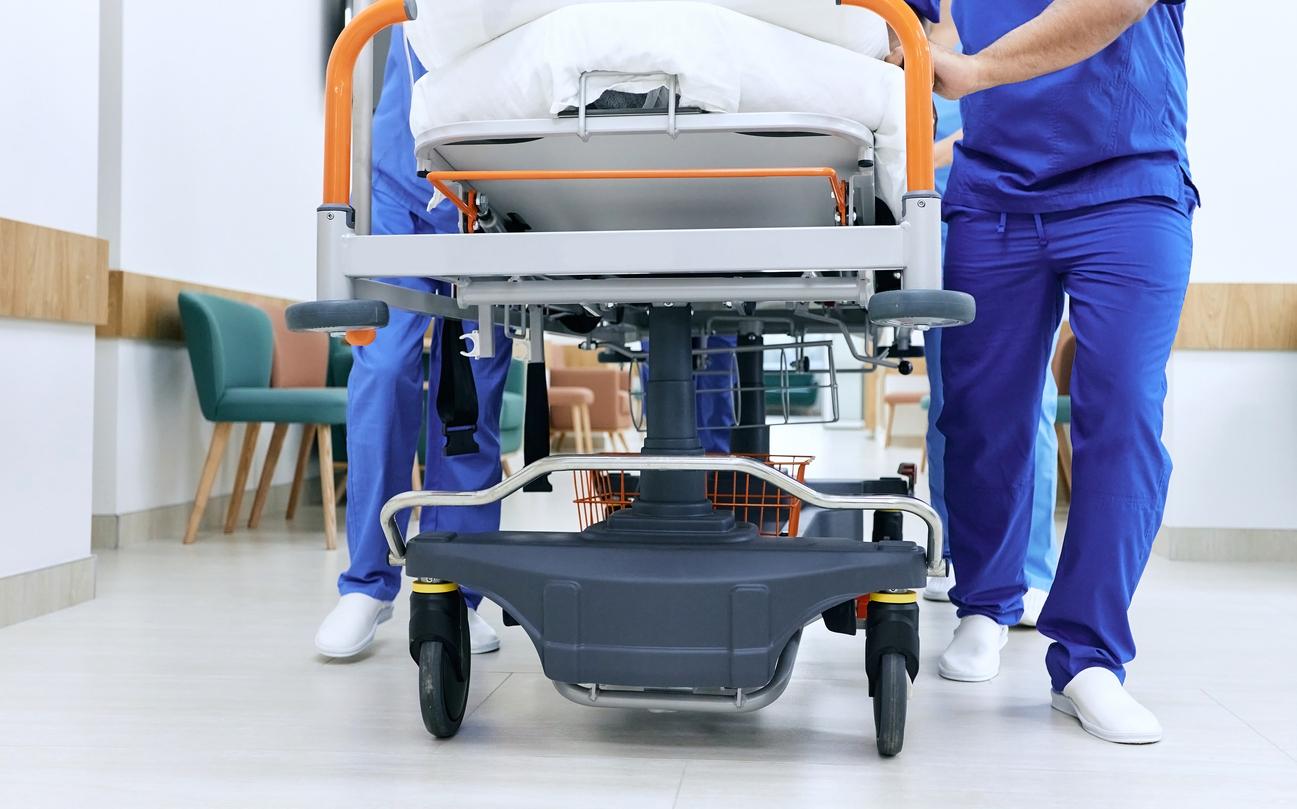While our hospitals suffered more than 730 cyberattacks last year, 79% of French people believe that these establishments effectively protect their health data.
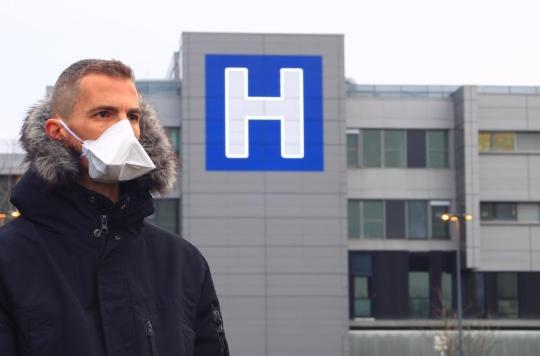
- In 2021, the number of cyberattacks directed against French hospitals doubled.
- The French, however, have more confidence in this institution than in local authorities, e-commerce platforms and social networks.
The French are less worried about the possible theft of their health data than their identifiers on social networks. This is what emerges from a new survey conducted by Ifop for Galeon.care.
Theft of medical data
If it concerns 59% of French people, the theft of their medical data in the event of hacking comes far behind the loss of bank data (88%), the theft of money (87%) or the theft of their identity ( 86%). They are also much more afraid of having their identifiers stolen on social networks such as Facebook or Instagram (72% are in this case). “It is true that these different scenarios are perceived as having immediate and palpable consequences, which seems less obvious with regard to health-related information”, comment the authors of the survey.
Despite the high number of cyberattacks suffered by healthcare establishments in France, hospitals remain the institution in which our fellow citizens trust the most for the protection of their personal information. “While 79% of them have this confidence in them, this should however be put into perspective since only 19% of our fellow citizens say they have “total confidence””, adds Ifop.
Women worry more
Highlighted by this study, the large underestimation by the French of computer attacks suffered by hospitals partly explains this observation. Indeed, 83% of respondents gave a figure lower than the reality (more than 730 cyberattacks in 2021). 56% of French people think that there were less than a hundred last year and more than a quarter (27%) less than 10. Only 2% of those questioned placed themselves in the right range.
In addition, more women (66%) say they are worried about the idea of a hack of their medical data than men (52%), while people over the age of 65 are the least worried. by this perspective (53%, against 62% for 18-24 year olds).
.









